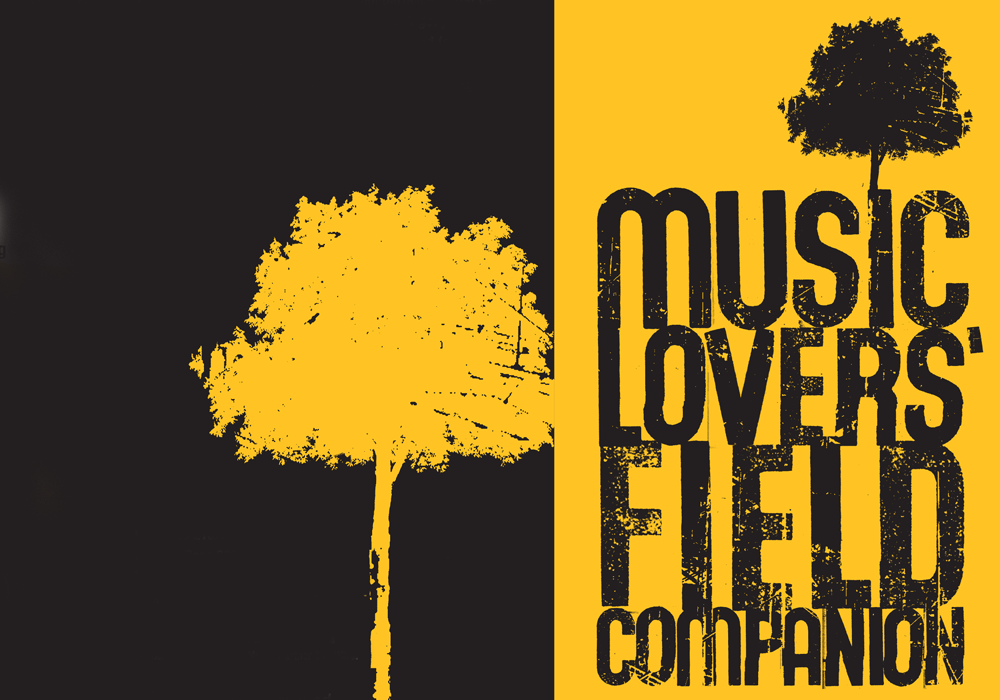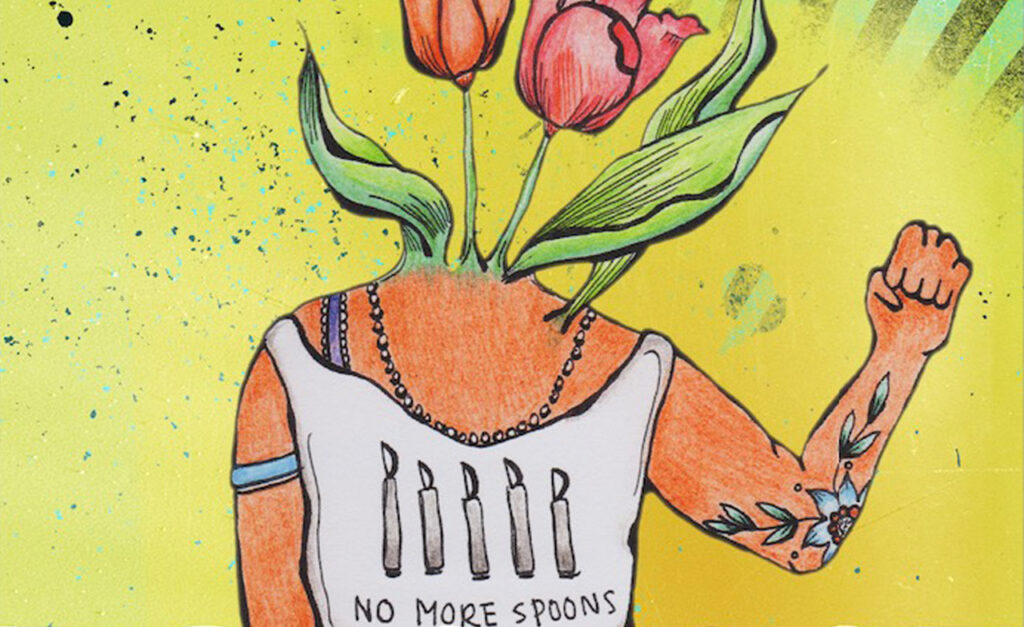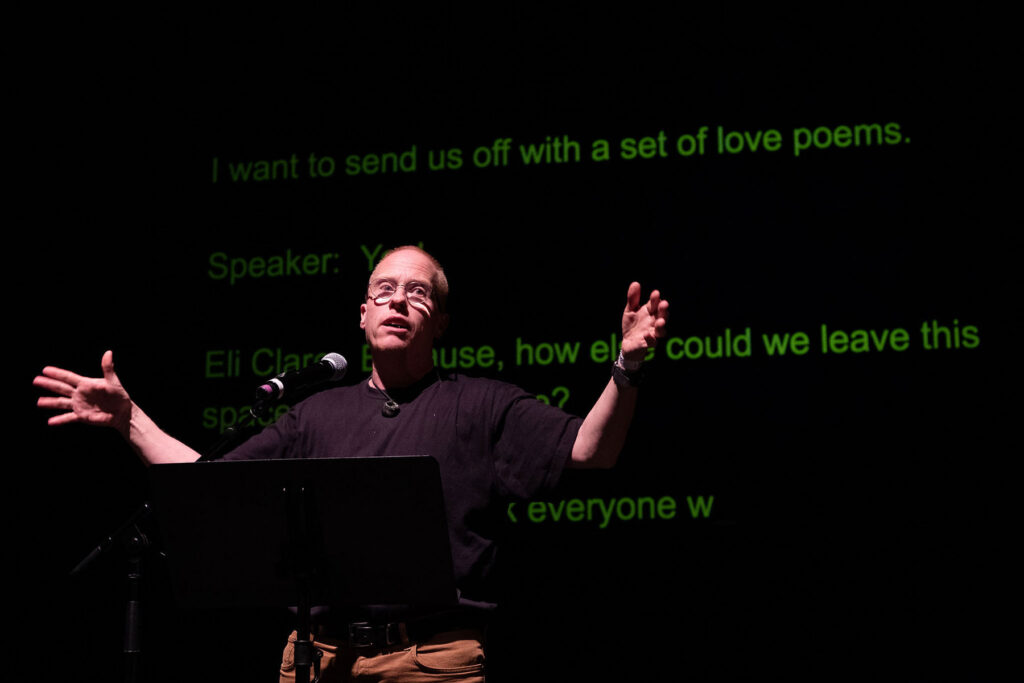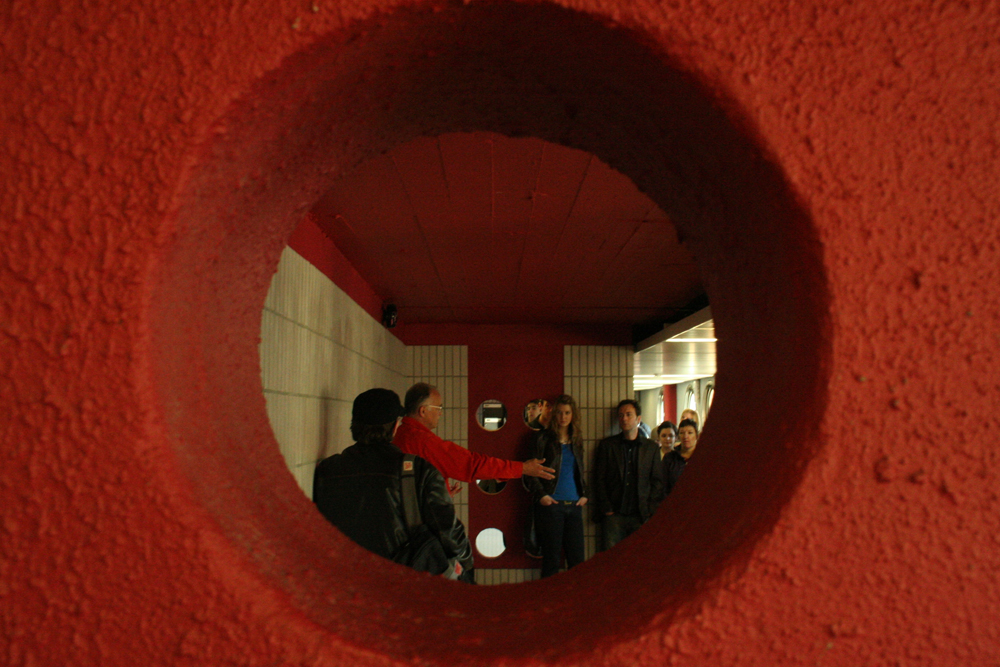
Music Lover’s Field Companion 07
A three-day celebration surveying all manner of diverse musical activities, which at their core share a basic kinship: one of exploration and the discovery of musical expresssion.
Arika have been creating events since 2001. The Archive is space to share the documentation of our work, over 600 events from the past 20 years. Browse the archive by event, artists and collections, explore using theme pairs, or use the index for a comprehensive overview.

A three-day celebration surveying all manner of diverse musical activities, which at their core share a basic kinship: one of exploration and the discovery of musical expresssion.

IN OUR LIFETIME, is an anti-imperialist resource, edited by Hussein Mitha, produced by Arika for Episode 11, featuring poetry, essays, questions, prompts, letters and works of anti-colonial imaginary.

Is it possible to dance our way out of the hardened stances and identity prisons we are locked in?

The queer archiving of traumatic cultural memory from one of the leading voices working with queer archives.

I wanna be with you everywhere was a gathering of, by, and for disabled artists and writers and anyone who wanted to get with us for a series of crip meet-ups, performances, readings and other social spaces of surplus, abundance and joy.

Poems are kisses, fists, and underground rivers. For all these reasons and many more, I am a poet.
We’ll look at the language and politics of what gets ‘mental health’ and consider more holistic understandings of experiences that honour the connection between mind/body/soul, and that acknowledge social and political context.

Tormented and drawn-out high-pitched yelps and drones, all interleaved with periods of torpid silence.

A series of badly felted lock-ups and garages + multiple locations within the Megastructure – a purpose built town centre in one building, comprising (in the 50’s at least) of housing (never occupied), shops, apartments, a hotel, ice rink, police station and other amenities

How do communities practice being one another’s means, addressing their material problems facing them replicating the state’s violent logic of who is disposable.

What is happening when systems of repression try to grasp communities’ ways of being, living or surviving, applying laws of sexuality, gender or race to cast them as criminal?

How can we imagine bodies not as an end in themselves, but as a medium through which we can become one another’s means?